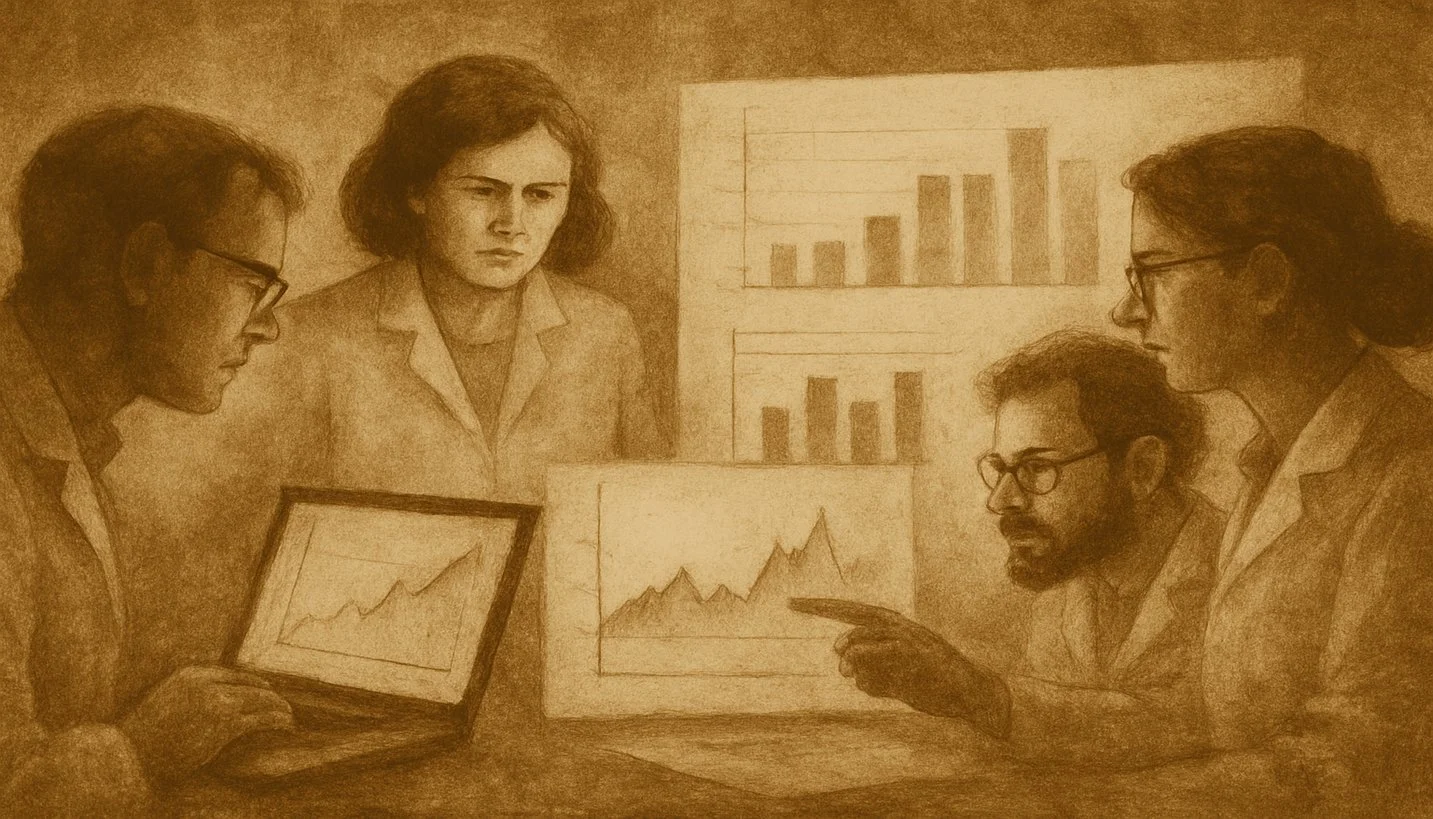Responsible Science Trumps Irresponsible Marketing
When a government agency releases a report that downplays climate change, the line between science and marketing blurs in troubling ways. That’s what happened in July 2025, when the U.S. Department of Energy (DOE) published “A Critical Review of Impacts of Greenhouse Gas Emissions on the U.S. Climate.”
Marketed as a comprehensive evaluation of climate risks, the report was in reality a rushed document written by five hand-picked contrarian authors. It painted climate change as a “challenge, not a catastrophe” and questioned the urgency of reducing emissions. The timing was no accident: it coincided with efforts to roll back the EPA’s Endangerment Finding, the legal foundation for regulating greenhouse gases.
This is marketing, plain and simple. Irresponsible marketing. It was designed not to inform but to influence. How do I know? Authentic Marketing based upon useful facts, supporting critical decision making, is a large part of how I make my living and have for more than two decades. Anything less is simply manipulation, and I can smell it a mile away.
Science Responds…Responsibly
Thankfully, science has its own marketers, responsible ones, and one of the key mission points of UP is to spotlight and honor “responsible” marketing and content generation. So, let’s roll.
Within weeks of the DOE report’s release, more than 85 leading climate scientists came together to issue a 400-page rebuttal (commentary), led by Andrew Dessler of Texas A&M and Robert Kopp of Rutgers.
Their response did not rely on slogans or selective data. It was the opposite of spin:
• Transparent. Every claim was documented with peer-reviewed evidence.
• Collaborative. Dozens of experts worked across institutions to present a unified voice.
• Constructive. The rebuttal didn’t just criticize; it clarified what legitimate science actually shows about the scale and urgency of climate risks.
This is responsible marketing. Communication rooted in integrity, clarity, and service to the public good vs. boosting profits for special interest groups.
Why This Contrast Matters
When political actors distort science, the public conversation suffers. Confusion grows. Cynicism deepens. Inaction spreads.
But when scientists step forward with accessible, evidence-based communication, they do more than defend their field. They model trustworthiness. They remind us that credibility comes from transparency, collaboration, and accountability, not from catchy phrases or partisan goals.
In other words, responsible science is responsible marketing. It builds trust not just in data, but in the people and institutions committed to truth.
Action is Required
Here’s how we can support, and practice, responsible marketing in the climate conversation:
• Amplify the rebuttal. Share the scientists’ response widely, especially with people who may have only seen headlines about the DOE report.
• Spot the spin. Learn how irresponsible marketing works - through cherry-picking, selective framing, and false balance. Once you see it, you can name it.
• Hold leaders accountable. Demand transparency from agencies, institutions, and politicians. If their communication looks more like branding than science, call it out.
• Practice integrity. In our own projects, businesses, and conversations, let’s market ideas the way the scientists did: with clarity, evidence, and humility.
Final Reflection
The DOE’s report is a case study in irresponsible marketing, using the appearance of science to sell a political product. But the response from the scientific community is just as much a case study, this time in responsibility.
The scientists’ rebuttal reminds us that truth is not just a matter of research. It’s also a matter of communication. And when science communicates with integrity, it trumps spin every time.
If you’re still skeptical, do your homework. Take it all in and decide for yourself. Your childrens’ future is well worth the time, isn’t it?
About UP:
Promoting quality content that cracks open the mind and sparks curiosity. Standing Cyclist presents Useful Possibilities (UP), spotlighting extraordinary teachers and leaders, athletes and activists, researchers and writers, filmmakers and engineers, and their groundbreaking projects. UP recognizes individuals and teams who raise awareness and drive innovation in areas such as health and wellness, environmental science, spirituality, personal growth, and human rights. We celebrate those who promote unity, tolerance, respectful collaboration, mindful living, and the [responsible] use of technology, social media, and modern marketing tools. Honoring people and content that inspire us to be the very best versions of ourselves.









